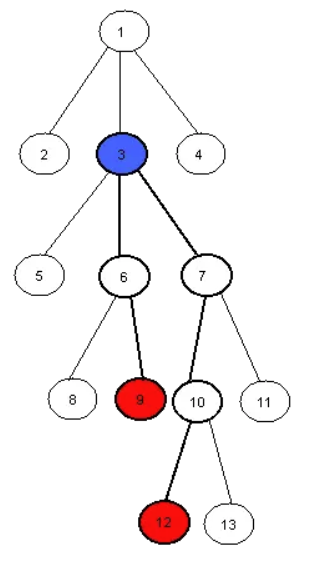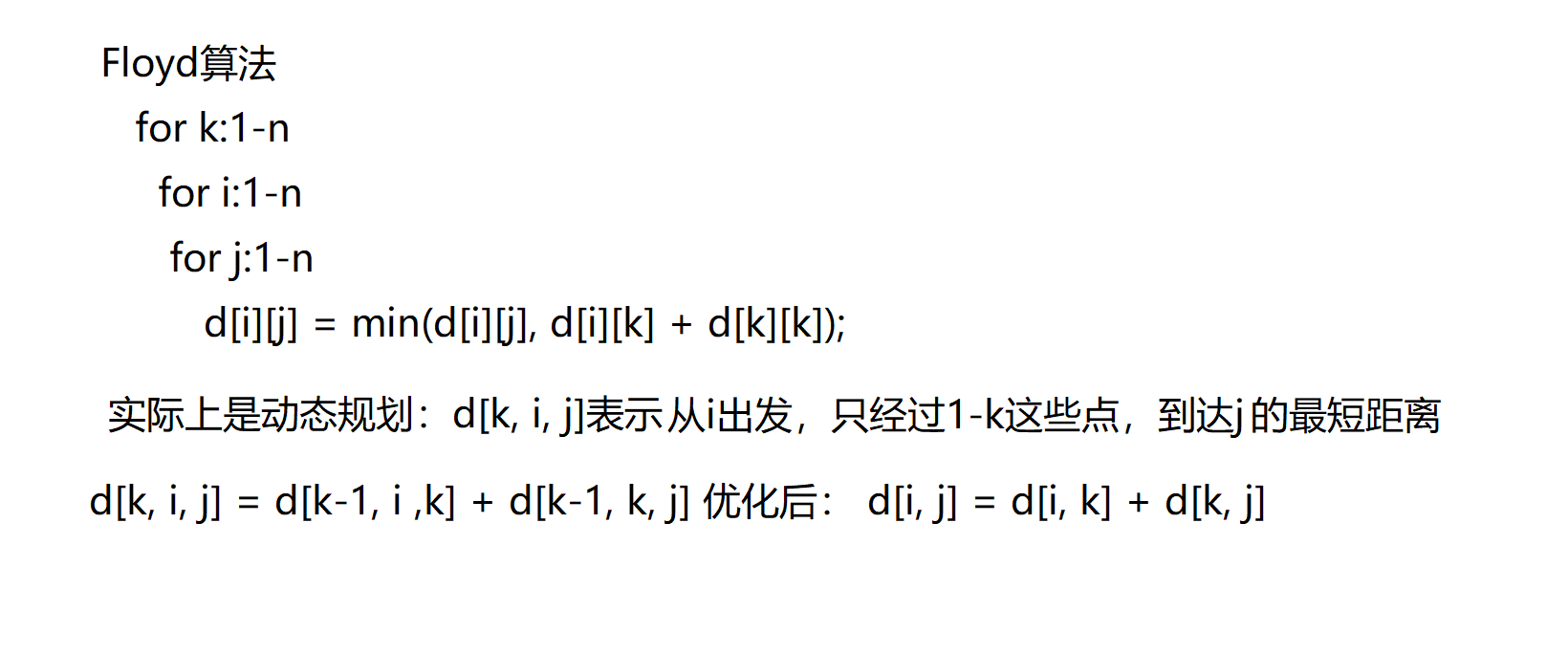目录
一、this指针
二、空指针访问成员函数
三、const修饰成员函数
一、this指针
this指针指向被调用的成员函数所属的对象
作用
- 形参和成员变量同名时,可以用this指针来区分
- 在类的非静态成员函数中返回对象本身,可使用return *this
代码示例
#include<iostream>
using namespace std;class person{public:person(int age){this->age = age; //解决名称冲突}person& personAddAge(person &p){this->age += p.age; return *this;}int age;
};void test(){person P1(10);cout<<"P1.age="<<P1.age<<endl;}void test2(){person p1(10);person p2(10);p2.personAddAge(p1).personAddAge(p1).personAddAge(p1);cout<<"p2.age="<<p2.age<<endl;
}int main(){test();test2();return 0;
}二、空指针访问成员函数
空指针也可以调用成员函数,但要注意有没有用到this指针
代码示例
#include<iostream>
using namespace std;class person{public:void fun(){cout<<"fun函数调用"<<endl;}void fun2(){if(this == NULL){ // 保证代码健壮性return;}// 报错原因是传入了空指针cout<<"age="<<age<<endl; // age === this->age}int age;
};void test(){person *p = NULL;p->fun(); // 可以调用p->fun2(); // 错误}int main(){test();return 0;
}三、const修饰成员函数
- 常函数
- 成员函数后加const 变为常函数
- 函数内不可修改成员属性
- 成员属性声明是在前面加上mutable后,在常函数中依然可以修改
- 常对象
- 声明对象前加const,称为常对象
- 常对象只能调用常函数
代码示例
#include<iostream>
using namespace std;class person{public:// 常函数void fun() const { // 在成员函数后面加const,修饰的是this指向,让指针指向的值也不可以修改
// age = 10; // 错误,this指针的本质 是指针常量,指针的指向是不可以修改的b = 10;}int age;mutable int b; // 特殊变量,即使在常函数中也可以修改。加关键字mutable
};int main(){return 0;
}









![11.20[JAVAEXP3]重定向细究【DEBUG】](https://i-blog.csdnimg.cn/direct/265fa5ad8b784e6a9e7658f61909fcdd.png)








